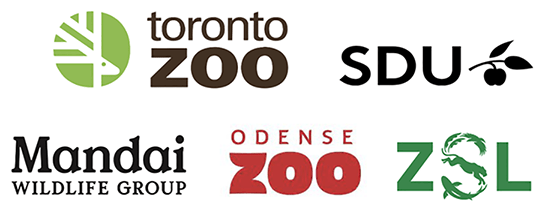The Species360 Conservation Science Alliance was invited by the German Society of Herpetology and Herpetoculture (DGHT) to the first meeting of the so called “Frankfurt talks” to discuss projects related to the trade and captive breeding of turtles and tortoises. The meeting took place in the historical Senckenberg Natural History Museum in Frankfurt, Germany. The working group includes partners from the DGHT, BfNGerman Federal Agency for Nature Conservation, TRAFFIC Europe, WWF World Wildlife Fund, the Senckenberg Society for Nature Research,REPTA, the Reptile and Exotic Pet Trade Organisation, and the Species360 Conservation Science Alliance.
The aim of the meeting was to find synergies between the different organisations to help fight the illegal laundering of turtles and tortoises in the international wildlife trade. Husbandry and reproduction data from the Species360 ZIMS database can hereby play a key role in determining the plausibility of claims of captive-breeding in these species. Among other topics, the workshop covered methods to differentiate wild from captive specimens, including genetic and stable isotope analyses, demographic analyses, economic analyses of trade, and visual inspections.
Read more:
Manual for the differentiation of wild-caught versus captive-bred turtles and tortoises (Staerk et al 2018), compiled by the Species360 CSA in collaboration with the DGHT for the CITES Secretariat.
The Turtles and Tortoises Demographic Traits Database, Species360 Open Data Portal








